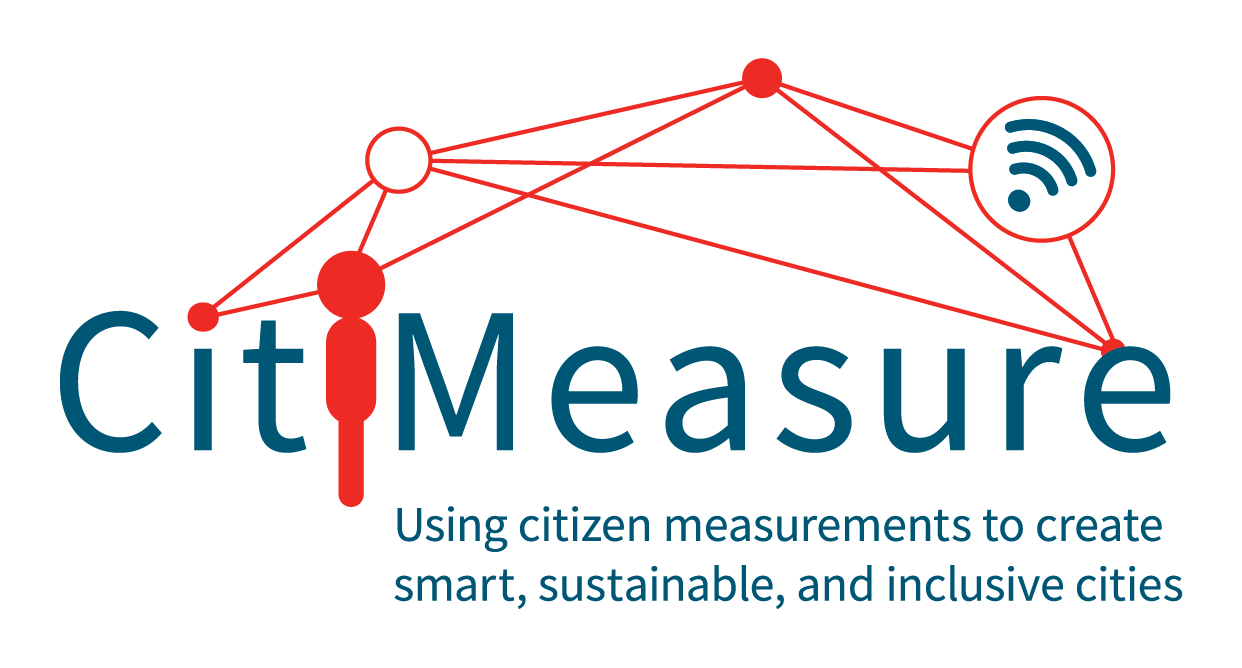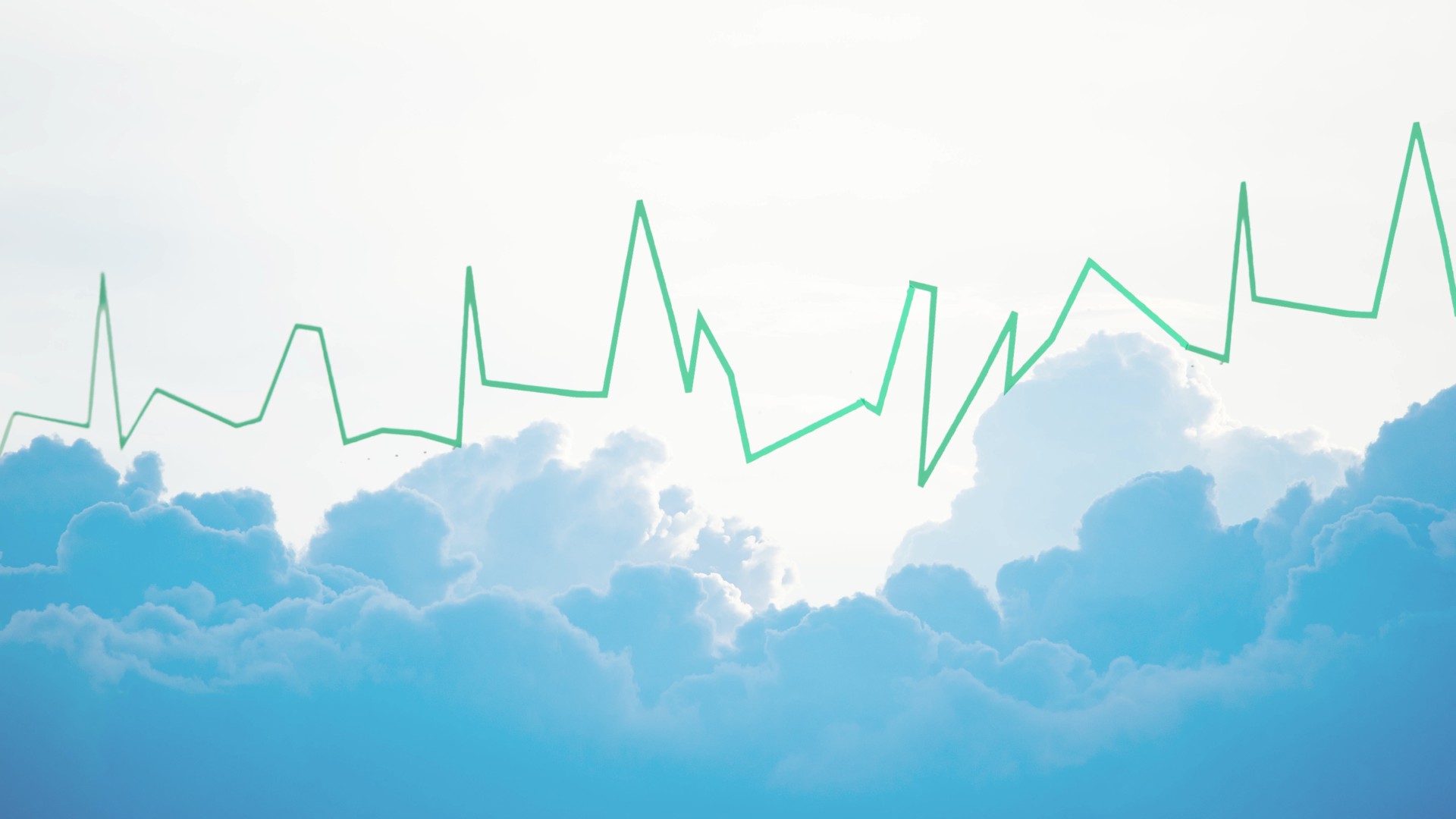CitiMeasure
Using citizen measurements to create smart, sustainable, and inclusive cities
Latest News
More liveable cities are possible with citizen science
Most new ideas go through a period of praise, followed by a period of backlash. Citizen science is no exception. While the involvement of members of the public in scientific endeavours is not novel, especially in ecology and astronomy, there has been a surge in...
Shedding light on the invisible
CitiMeasure has repeatedly highlighted the importance of visualising data in combatting air pollution. This referred mostly to simplified maps, graphs, or charts, all of which are popular among CitiAIR initiatives*. In many cities around the world, however, it...
Knowledge Centre
The Knowledge Centre includes the three co-created instruments and training material such as webinars and guidelines.
CitiAIR
CitiAIR is an inventory of citizen science stories on air quality. This online interactive tool collects and compares air quality monitoring initiatives.
Guidelines on Behaviour & Policy change
These guidelines include 65 specific recommendations to identify, understand, and enhance policy and behavioural changes resulting from citizen science initiatives.
Guidelines on Competencies for Digital Inclusion
These guidelines unpack 27 clusters of skills, knowledge, and attitudes for digital inclusion of different actors in citizen science projects, as well as 32 specific recommendations on how to enhance those competencies better.
News
Find all the updates, events, and news about the CitiMeasure project in this section!
Latest Deliverables








